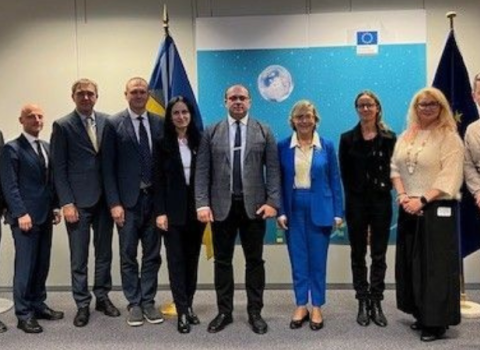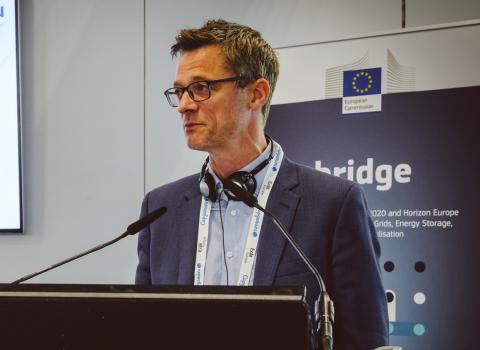Cambridge Antibody Technology Group Plc, which is traded on both the LSE and Nasdaq markets, said an agreement was struck at the 11th hour over a royalty dispute with Abbott Laboratories Inc. The settlement, involving a technological foundation-stone of the biotechnology industry, human monoclonal antibodies, spares both companies from going to court this week.
The two companies have been arguing for two years over the rheumatoid arthritis drug Humira. The drug, now sold in more than 50 countries, was developed by CAT and researchers at Britain’s Medical Research Council in the 1980s and 1990s, and Abbot had agreed to license it. Abbott insisted the initial agreement on royalties said it should pay only 2 percent of net sales, but CAT claimed the deal meant it should receive 5.1 percent. The U.K. High Court ruled in December 2004 that Abbott should pay 3.1 percent, and Abbott was going to appeal that decision in a U.K. court later this week.
The new agreement would now have Abbott pay a cash settlement plus future royalties. It is to pay CAT $255 million, which the English company in turn will pay to its licensors, which include the MRC. In addition, Abbott will also make five annual payments of $9.375 million each, starting January 2006, of which part will go to CAT’s licensors. The new agreement also guarantees CAT a net 2.688 percent royalty on Humira as opposed to the previous 3.1 percent, after payments to the MRC and other licensors.
Richard Parkes, an analyst who covers CAT for ING Bank in London, said the new royalties deal was about seven percent less generous than the best-case scenario for CAT but it was, nonetheless, positive news for the British company.
“The seven percent difference is a small price to pay,” said Parkes in a telephone interview. “Although if the company decides to go to court, the probability of winning might be high - but there is never a guarantee. The company has been held back by the uncertainties for this court case for so long and now it is behind them.”
The settlement is a windfall for the MRC, one of Europe’s biggest research institutions. The patents stem partly from work by Sir Gregory Winter and his colleagues at the MRC Laboratory of Molecular Biology during the late 1980s and early 1990s for making human monoclonal antibodies. Of the total payments from Abbott, the MRC gets $191 million upfront, plus $2.5 million a year for five years, plus £5.1 million for past royalties, according to an MRC statement. Other beneficiaries of the settlement are Scripps Research Institute and Stratagene.
CAT won the first round of its dispute in January but Abbott decided to take the matter to appeal court in England.
“We have been in discussion with Abbot for quite some time. And both sides are very pleased with the outcome today. The settlement shows it is possible to resolve complex business issues,” said CAT CEO Peter Chambre in a telephone interview.
Said Abbott in a statement: “We are pleased to find a solution that benefits both companies and resolves our differences.”
Humira, which was launched in 2003, has been approved for treatment for moderate to severe rheumatoid arthritis in more than 50 countries. It was approved earlier this month in the U.S. for treatment for psoriatic arthritis. It competes with Johnson & Johnson’s Remicade and Amgen Inc’s Enbrel.




 A unique international forum for public research organisations and companies to connect their external engagement with strategic interests around their R&D system.
A unique international forum for public research organisations and companies to connect their external engagement with strategic interests around their R&D system.